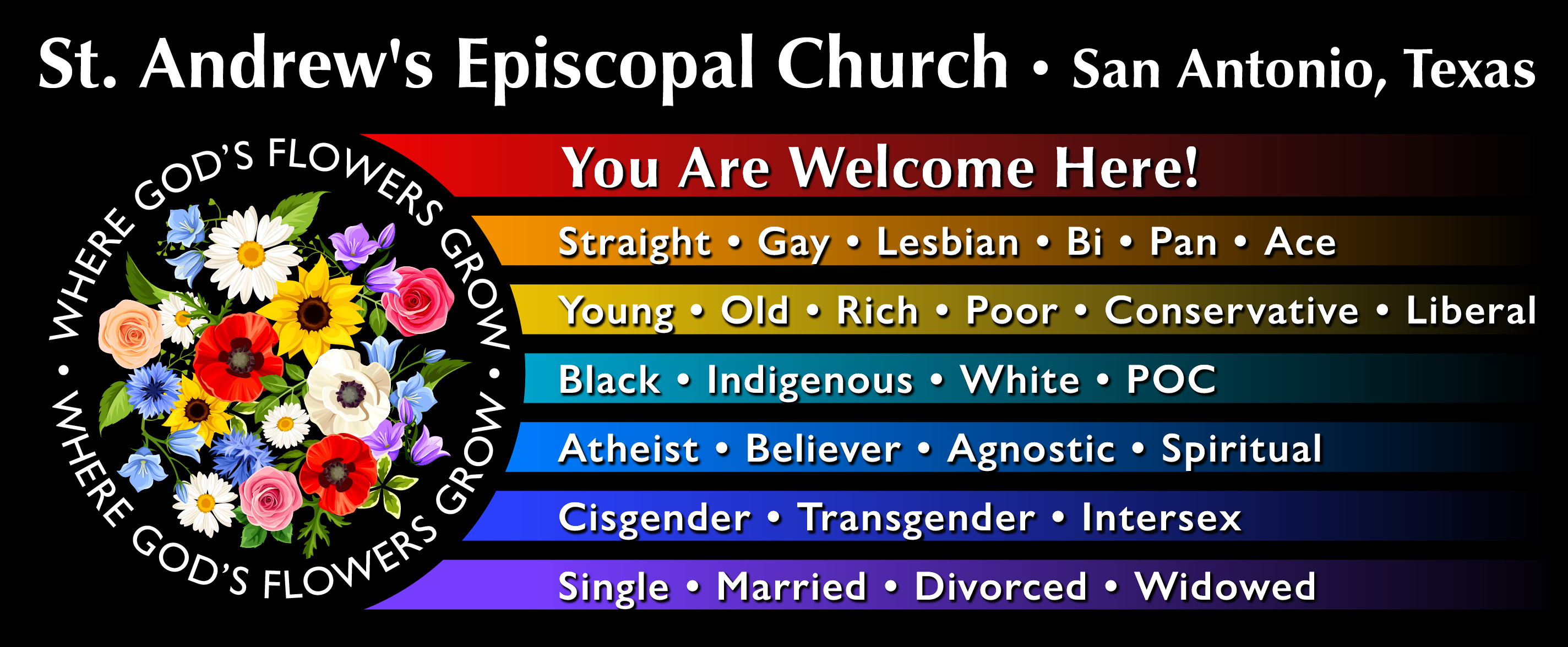
There are many ways in which we humans are living unsustainably with the natural environment impacts. Over use of water resources causing shortages of drinkable water; pollution of oceans, rivers, and lakes; over farming of land causing soil depletion and erosion; over fishing of oceans leading to loss of species, ocean habitat and lower profits for fisherman; loss of whole eco-systems (wetlands, woodlands, and tundra) with the corresponding loss of species and bio-diversity; and the polluting of air leading to illness and death in urban areas.
We have created toxins that do not break down overtime (PCBs), though banned in 1979, and they need to be cleaned up. Then there are plastics and microplastics similarly which are building up in the oceans and in our bodies which need to be reduced and removed. And these are just a few of the unstainable practices that are damaging the creation and threatening life on the planet.
The most threatening and longest lasting environmental issue of our day is the pollution of the atmosphere leading to climate change. The by-products of our industrial revolution have dramatically increased the about of greenhouse gases in the atmosphere causing the earth to trap too much heat from the sun and raising the overall temperature of the planet. It’s such a big problem we easily get overwhelmed and move into paralysis of action and tune out that part of the news.
Using climate change as one example of learning to live more balanced and sustainably on God’s creation, what can I do now? What can our church do now? Or our city, state, or country do? Well none of us can be perfect and reduce our ‘carbon footprint’ to zero given that we all contribute to the problem, but we can still make choices that move us towards a better future and a cooler planet.
The actions we can individually or corporately take fall into one of three categories:
- Stop adding CO2 (and other greenhouse gases) into the atmosphere.
- Start taking CO2 (and other greenhouse gases) out of the atmosphere.
- Start preparing /adapting to climate change disasters.
Check out this video to see the ‘wading pool’ analogy that makes these options really clear.
Why Creation Care – Theology, Scripture, Reason
Theology
As we are called by God to care for creation, The Episcopal Church supports policies that protect the natural resources that sustain all life on Earth. The Church calls for policies that reduce greenhouse gas emissions, promote sustainable energy, encourage the safe and just use of natural resources, and support communities impacted by a lack of environmental stewardship and environmental racism. – The Episcopal Church Office of Government Relations
We want to treat the creation like a gift of God to be protected for many generations to come as if the earth was sacred and ‘our island home.’
Evangelical Writings on Creation Care
Loving the Least of These from The National Association of Evangelicals
The Billy Graham Evandelistic Association on why Christians should be concerned about the environment
Roman Catholic Writings on Creation Care
Encyclical “Laudato Si’: On Care For Our Common Home” by Pope Francis (also see this Time article about Pope Francis and climate issues)
Scripture
In his hand are the depths of the earth;
the heights of the mountains are his also.
The sea is his, for he made it,
and the dry land, which his hands have formed. Psalm 95:4–5 (NRSV)
Reason
Climate change refers to long-term shifts in temperatures and weather patterns. Such shifts can be natural, due to changes in the sun’s activity or large volcanic eruptions. But since the 1800s, human activities have been the main driver of climate change, primarily due to the burning of fossil fuels like coal, oil and gas. Burning fossil fuels generates greenhouse gas emissions that act like a blanket wrapped around the Earth, trapping the sun’s heat and raising temperatures.
What should we do?
We want to learn what we can do individually and together. Here are some ideas:
Plant and preserve the growing green plant life on earth – especially trees which ‘take up’ carbon dioxide from the air and exchanges it with the oxygen we breath. Planting trees is only a beginning, and we will need reduce the amount of CO2 we put into the atmosphere by changing our modes of transportation, electricity generation, and diets, addressing the sources of our greenhouse gas emissions.
Join up with Diocesan Creation Care team of the Diocese of West Texas. They meet once a month (at least) to foster climate education and action.
Expand the list below to learn about other environmental or climate change groups in San Antonio.
Check out these groups and resources.
You can find out more about the Santonio Office of Sustainability here.
EcoActUS is training leaders in how to transform their organizations into more sustainable entities.
The Climate Reality Project is “catalyzing a global solution to the climate crisis by making urgent action a necessity across every sector of society,” and you can find the San Antonio chapter on Facebook or join here.
The Sierra Club is exploring, enjoying and protecting San Antonio and its surrounding areas, and you can find the San Antonio chapter here.
Public Citizen is defending democracy, resisting corporate power, and fighting to ensure that government works for the people.
Citizen’s Climate Lobby are regular people from Texas who are working together to get climate laws passed.
Deceleration is a nonprofit online journal producing original news and analysis responding to our shared ecological, political, and cultural crises.
Eco Centro is a community and environmental sustainability center at San Antonio College that provides information and resources to positively address environmental and social challenges, focused on the three pillars of water resources, urban food production, and green building.
The San Antonio Interfaith Environmental Network is a part of Interfaith Power and Light, which is inspiring and mobilizing people of faith and conscience to take bold and just action on climate change.
Individually we are actions are inconsequential but acting together change is happening.



